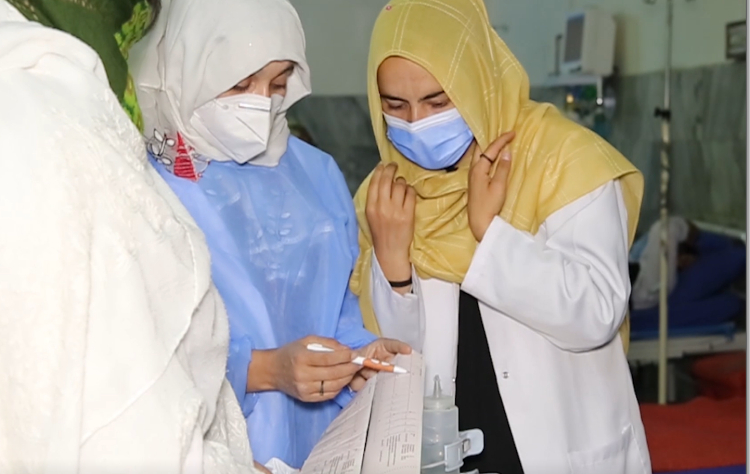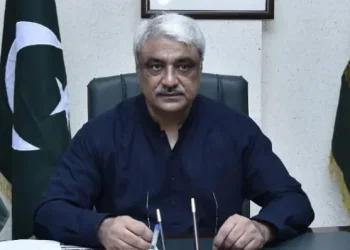PESHAWAR: The Khyber Pakhtunkhwa government has allocated Rs21.576 billion for healthcare in the next financial year with Rs11 billion going to the ongoing and new schemes.
The allocations are 18.29 per cent more than the last year’s for the health sector.
Unveiling the budget for 2016-17 in the provincial assembly on Tuesday, finance minister Muzaffar Said announced that Rs6 billion would be spent on 70 ongoing schemes and Rs5 billion on 16 new projects in the next fiscal to improve patient care in the province.
He said the ongoing health schemes included the establishment of the accident and emergency department at the Khyber Teaching Hospital, Peshawar, and District Headquarters Hospital, Nowshera.
The minister said the government also intended to set up skill labs at the Postgraduate Medical Institute, Peshawar, as 70 per cent of the work, which began in 2014, had been completed.
He said the 20-bedded accident and emergency department at the district headquarters hospital would be established during the current financial year at the cost of Rs59.986 million.
The minister said Rs340.069 million had been earmarked for the establishment of the Gomal Medical College, Dera Ismail Khan, work on which got underway last year at the cost of Rs2.551 billion.
He said the construction of operation theatres and mortuary at the Khyber Girls Medical College at the cost of Rs56.572 million was also part of the next year’s budget.
The minister said work on the project began during the financial year 2014-15 at the cost of Rs85.072 million to the benefit of 200 students.
He said Rs302.547 million would go to the upgradation of the Saidu Group of Hospitals for teaching purposes in Swat during the next fiscal.
The upgradation programme began last year with a total outlay of Rs1.179 billion.
The minister said the government was also extending the Insaf Health Card Programme from the current four districts to the entire province at the cost of Rs10 billion to the benefit of more than 10 million population.
He said the provision of quality health services to the people across the province was the priority of the government for which institutional reforms had been launched and an independent monitoring unit had established.


















